32 pages • 1 hour read
Nathaniel HawthorneThe Birthmark
Fiction | Short Story | Adult | Published in 1843A modern alternative to SparkNotes and CliffsNotes, SuperSummary offers high-quality Study Guides with detailed chapter summaries and analysis of major themes, characters, and more. For select classroom titles, we also provide Teaching Guides with discussion and quiz questions to prompt student engagement.
Themes
The Limits of Scientific Achievement
The Romantics were thematically interested in science as a symbolic pitfall that, they believed, stands in the way of self-examination. Romantics prioritized the subjective realms of the human mind, and they often perceived the more “objective” art of science as a foil to their preferred topic, the individualized exploration of emotion. In this light, Aylmer is a classic, disordered Romantic antihero: though he possesses a human desire to be close to his wife, his obsession with science drives him to prioritize perfecting her physical appearance over feeling love or desire for her. While Aylmer waits for the elixir to do its work, for example, he kisses the mark on her cheek, even as it makes him shudder, demonstrating his internal conflict over the object of his true desire.
Aylmer’s deeply flawed scientific process can be compared to the medieval science of alchemy, which promised to transmute substances into new, more valuable forms. Like an alchemist, Aylmer is interested in discovering a secret “golden” formula, which would improve his wife and help her be her physically best self. Aylmer’s failure to recognize the essential quality of human flaws abets his scientific drive, allowing it to take priority over his emotional needs; as a result, Aylmer kills that which he loves, proving that science has a limited ability to improve human lives and to maximize human potential.
Related Titles
By Nathaniel Hawthorne

Dr. Heidegger's Experiment
Nathaniel Hawthorne
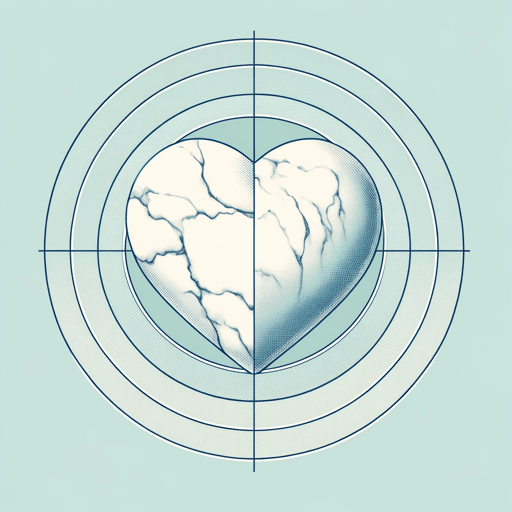
Ethan Brand
Nathaniel Hawthorne
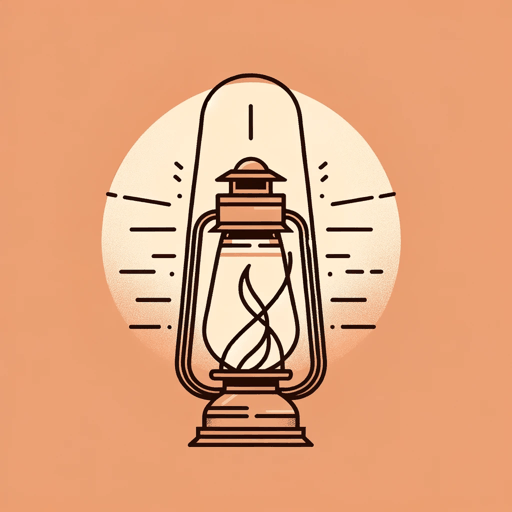
My Kinsman Major Molineux
Nathaniel Hawthorne

Rappaccini's Daughter
Nathaniel Hawthorne

The Ambitious Guest
Nathaniel Hawthorne

The Artist of the Beautiful
Nathaniel Hawthorne

The Blithedale Romance
Nathaniel Hawthorne
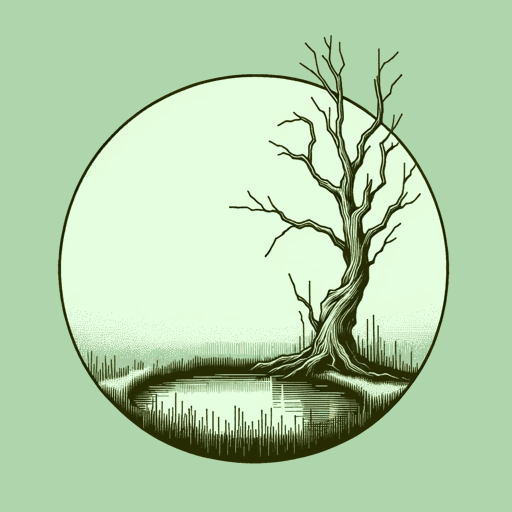
The Hollow of the Three Hills
Nathaniel Hawthorne

The House of the Seven Gables
Nathaniel Hawthorne

The Marble Faun
Nathaniel Hawthorne
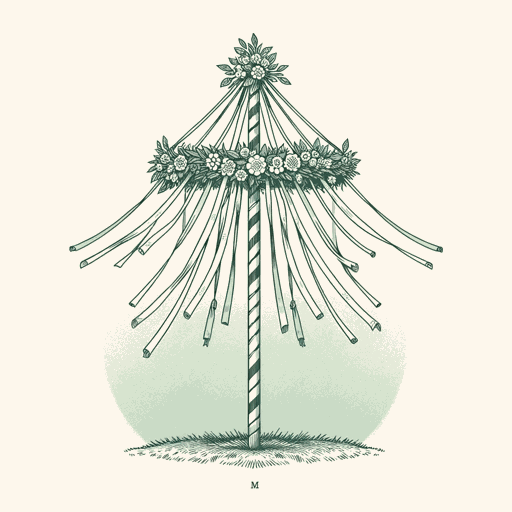
The Maypole Of Merry Mount
Nathaniel Hawthorne
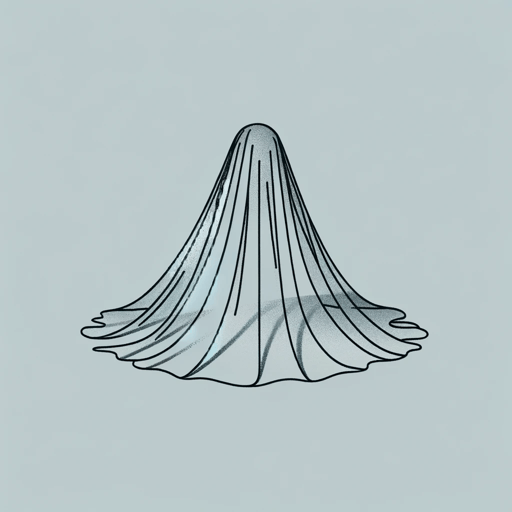
The Minister's Black Veil
Nathaniel Hawthorne

The Scarlet Letter
Nathaniel Hawthorne

The Wives of the Dead
Nathaniel Hawthorne

Young Goodman Brown
Nathaniel Hawthorne

